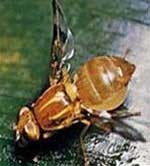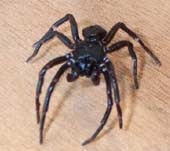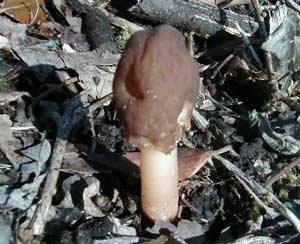A research team from Princeton University (USA) and the Swedish University of Agricultural Sciences (SLU) has identified the mechanism by which mosquitoes select their “victims” to feed on blood using scent, as reported by Sputnik on May 16.
“We have discovered how mosquitoes can distinguish the scent of humans from that of other animals,” said Rickard Ignell, a chemical ecology researcher, professor at SLU, and a member of the research team.
It appears that mosquitoes have different preferences for humans and animals, but humans have never fully understood why and how they can accurately differentiate between these two species.
With the help of scent samples from humans and various animal species, the research team from the USA and Sweden was able to answer this question.
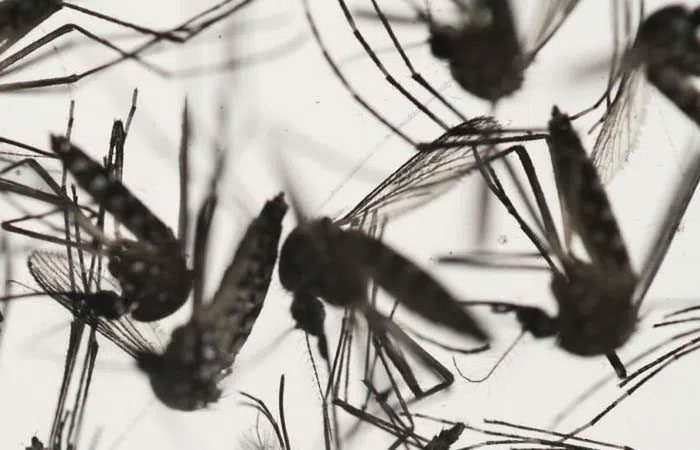
Mosquitoes can distinguish between humans and other animals through scent. (Photo: SPUTNIK)
However, the challenge researchers faced was that human scent comprises hundreds of different compounds, and some of these compounds, although present in slightly different proportions, can also be found in the scents of most mammal species.
Additionally, none of these compounds are inherently attractive to mosquitoes, so the challenge for the research team was to accurately identify the mix of substances that mosquitoes use to recognize human scent.
During the study, the experts collected scent samples from humans and animals (including dogs, hamsters, mice, sheep, and quails) and analyzed these “scent structures” to see how they are similar and different.
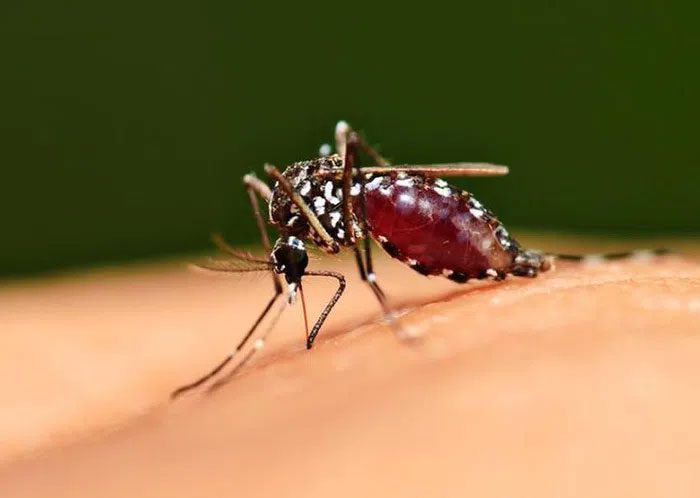
A mosquito with a belly full of its victim’s blood. (Photo: GOOGLE)
The team also developed tools to visualize the activity patterns in the mosquito brain, where it processes nerve impulses from all the scent receptors that female mosquitoes have on their antennae.
According to the research team, mosquitoes have a special area in their brains that is activated whenever they detect the scent of humans.
“The part of the mosquito’s brain that is activated when stimulated by human scent is different from the response when stimulated by animal scents,” Ignell explained.
He noted that while some mosquito species do not know whose blood they are feeding on and can do so with almost any warm-blooded species, some mosquito species have developed an “extremely precise locating system” to feed on humans.
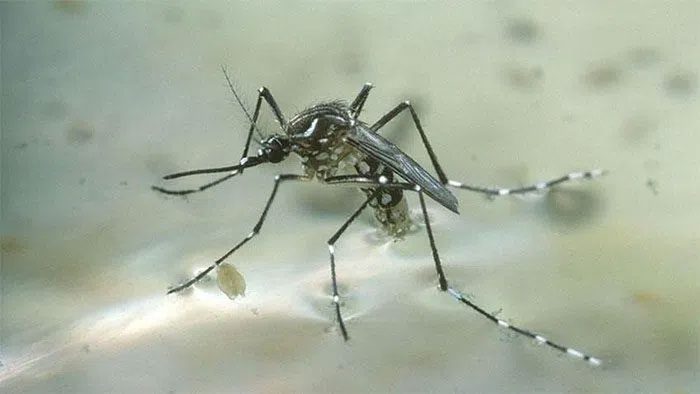
Mosquitoes have a special area in their brains that is activated whenever they detect human scent. (Photo: GOOGLE)
This new discovery about mosquito brain activity could bring researchers closer to finding measures against dangerous and potentially deadly diseases caused by mosquitoes, such as malaria, dengue fever, and yellow fever, which continue to affect millions of people to this day.
Ultimately, the researchers created a fragrance mixture designed to activate a specific activity pattern in the mosquito brain similar to the actual scent of humans.
Thus, this new finding could also lay the groundwork for developing new fragrance mixtures that could be used as measures for monitoring and controlling mosquitoes, helping to combat mosquito-borne diseases.








































